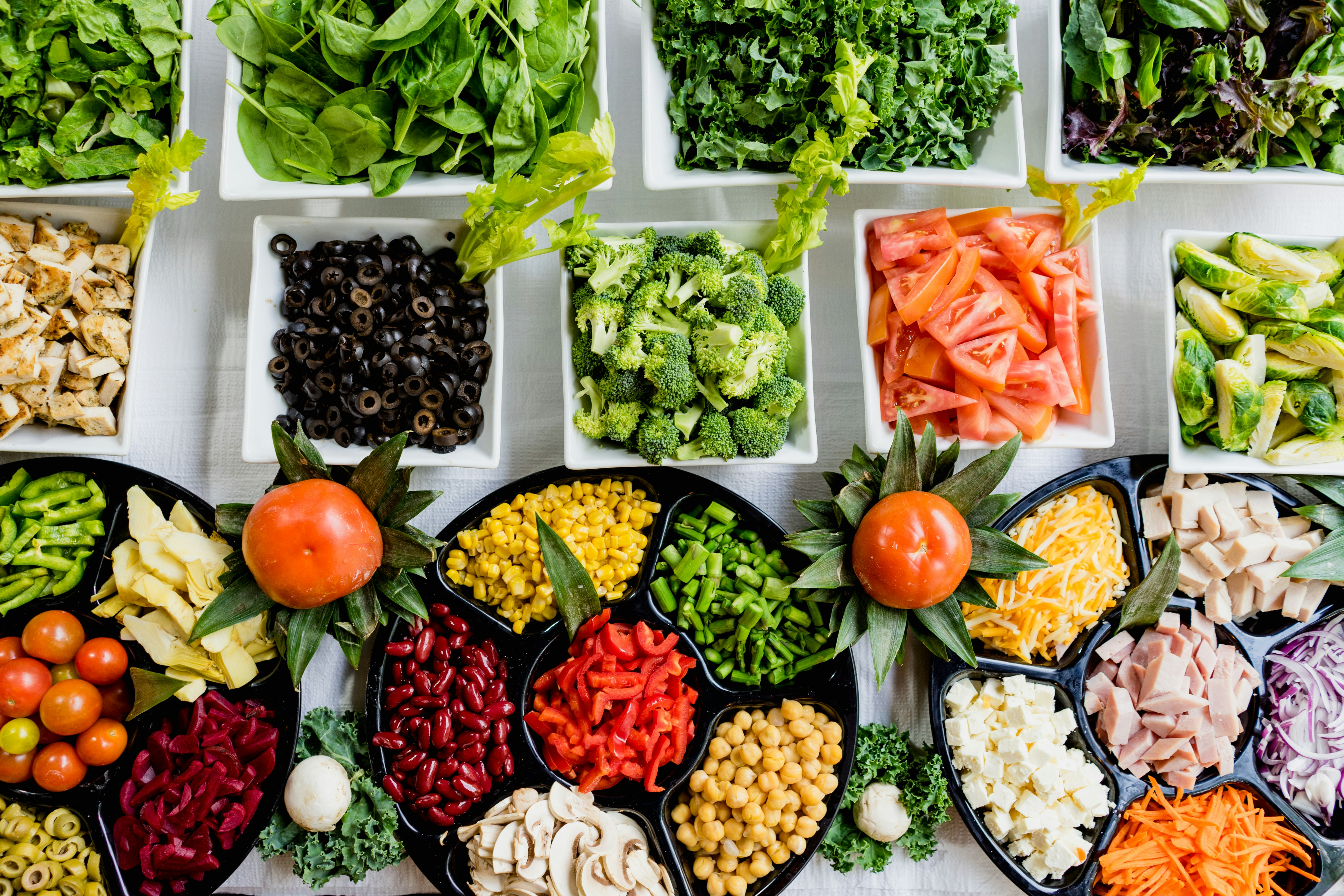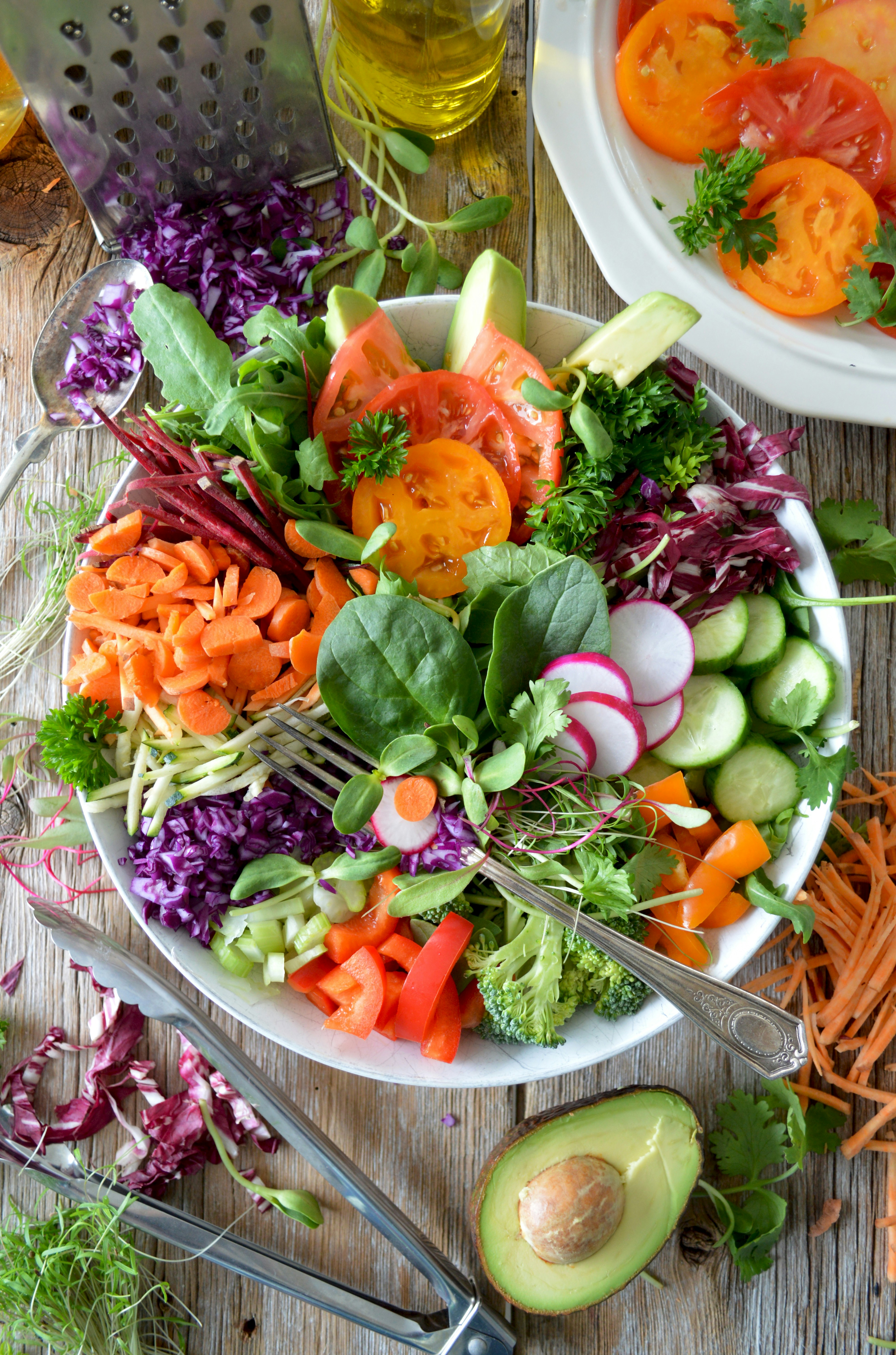Why Most Diets Fail – And How to Succeed
Did you know 80% of people regain lost weight within two years? The $200 billion diet industry thrives on quick fixes, but lasting health requires smarter strategies. This guide cuts through the noise with science-backed approaches to nutrition that work with your biology – not against it.
“The best diet isn’t a temporary fix; it’s a sustainable lifestyle shift.” – Dr. Sarah Johnson, Nutritional Researcher
You’ll discover:
- How to boost metabolism naturally
- Meal timing strategies that curb cravings
- 10 underrated superfoods nutritionists love
- Exercise routines that amplify diet results
Understanding Your Body’s Fuel System
Metabolism 101: How Your Engine Runs
Think of your metabolism as a hybrid car engine. It uses different fuel sources:
| Activity | Calories Burned/Hour | Primary Fuel |
|---|---|---|
| Sleeping | 50-70 | Fat |
| Walking | 200-300 | Carbs + Fat |
| HIIT Workout | 400-600 | Carbs |
A 2023 NIH study revealed NEAT (non-exercise activity thermogenesis) accounts for 15% of daily calorie burn. Simple changes like standing desks can boost metabolism by 16%.
Building Your Nutritional Foundation
The Plate Revolution: Beyond Basic Food Groups
The ideal plate contains:
- 40% Colorful Vegetables: Aim for 5 different colors daily
- 30% Quality Protein: 1.6g/kg body weight for active adults
- 20% Smart Carbs: Low-glycemic options like quinoa
- 10% Healthy Fats: Avocado, nuts, olive oil

Timing Is Everything: When to Eat
The 12-Hour Reset: Simple Intermittent Fasting
A New England Journal of Medicine review shows time-restricted eating improves insulin sensitivity by 34%. Try this schedule:
7 AM: Protein-rich breakfast 12 PM: Fiber-focused lunch 6 PM: Early light dinner 7 PM - 7 AM: Fasting window
Move to Lose: Exercise Synergy
Metabolic Resistance Training
Combine strength and cardio with circuit training:
- Bodyweight squats (45 sec)
- Push-ups (45 sec)
- Jump rope (1 min)
- Repeat 5x
This burns 40% more calories than traditional workouts according to ACSM research.
Your Mental Game Plan
Hunger vs. Habit: The 20-Minute Rule
When cravings hit:
- Drink 16oz water
- Wait 20 minutes
- If still hungry, eat protein first
Your Path Forward
Start with one change this week:
- Add 1 vegetable to every meal
- Take a 10-minute walk after dinner
- Practice mindful eating for 1 meal/day
What’s your biggest diet challenge right now? Share in the comments below and get personalized advice from our nutrition experts!
CTA: Download our free 7-Day Meal Plan with shopping list (subscribe to unlock)
Key Resources
- Harvard’s Healthy Eating Plate – Visual guide to balanced meals
- CDC Calorie Calculator – Personalized needs assessment
- Mayo Clinic Superfoods List – Nutrient-dense food guide
The Psychology of Eating: Mastering Mindful Consumption
Successful weight management begins between your ears. A 2024 APA study revealed 67% of adults use food to cope with stress, creating a cycle of guilt and rebound eating. Understanding your relationship with food is crucial for lasting change.
Case Study: Breaking the Emotional Eating Cycle
Sarah, 34, lost 28 lbs sustainably by addressing her nighttime snacking habits through:
- Food journaling: Identified 73% of cravings occurred during work stress
- 5-minute rule: Wait 5 minutes before acting on urges
- Alternative rituals: Replaced chips with herbal tea and stretching
“Habits form neural pathways – you don’t break them, you replace them.” – Dr. Michael Chen, Behavioral Nutrition Specialist
Practical Mindful Eating Strategies
- The 20-Minute Meal Rule: It takes 20 minutes for satiety signals to reach the brain
- Hunger Scale Check: Rate hunger from 1-10 before eating (aim to eat at 3-4)
- Sensory Eating Exercise: Spend 30 seconds smelling/observing food before first bite
Emerging Trends in Nutritional Science: What Actually Works
Time-Restricted Eating: Beyond Fad Diets
A 2025 Cell Metabolism study shows 14-hour fasting windows improve insulin sensitivity by 34% compared to constant grazing. Practical implementation:
| Schedule | Eating Window | Best For |
|---|---|---|
| Beginner | 12pm-8pm | Social life balance |
| Intermediate | 10am-6pm | Metabolic reset |
| Advanced | 8am-4pm | Blood sugar management |
Personalized Nutrition: Your DNA Plate
Nutrigenomics research reveals:
- 23% of people have gene variants affecting fat metabolism (PPARG)
- 18% need 2x more vitamin D than standard recommendations (VDR gene)
- Services like DNALife now offer customized diet plans based on genetic testing
“We’ve moved from ‘one size fits all’ to precision nutrition – your genes dictate your ideal plate.” – Dr. Emily Park, Nutrigenomics Researcher
Sustainable Weight Management: Beyond the Scale
The Maintenance Paradox: Why Keeping Weight Off is Harder
National Weight Control Registry data shows successful maintainers (5+ years):
- 78% eat breakfast daily
- 62% watch ≤10 hours TV/week
- 94% exercise ≥1 hour/day
Case Study: The 10-Year Maintainer
James, 45, has kept off 40 lbs since 2015 through:
- Seasonal Adjustments: Higher carb intake in winter, protein-focused in summer
- Community Support: Monthly cooking club with health-focused friends
- Progress Tracking: Bi-annual DEXA scans instead of daily weigh-ins
Creating Your Ecosystem for Success
- Kitchen Makeover: Keep fruits/veggies at eye level (increases consumption by 32%)
- Social Scaffolding: Join local CSA programs for fresh produce commitments
- Tech Detox: Designate device-free meals to enhance mindfulness
The Future of Nutrition: 2025 and Beyond
Gut Health Revolution: Your Second Brain
Emerging research on the gut-brain axis reveals:
- Probiotic-rich diets improve mood regulation by 29% (Psychosomatic Medicine 2024)
- Fermented foods increase microbial diversity by 40% vs. standard diets
- Top microbiome-boosters: Kimchi, kefir, Jerusalem artichokes, and cocoa nibs
Climate-Conscious Eating
The 2025 Dietary Guidelines now include environmental impact ratings:
| Protein Source | CO2/kg | Water Use (L/kg) |
|---|---|---|
| Beef | 27.0 | 15,415 |
| Chicken | 6.9 | 4,325 |
| Lentils | 0.9 | 1,250 |
“Eating for planetary health naturally aligns with human health – it’s the ultimate win-win.” – Chef José Andrés, Food Policy Advocate
Your Action Plan: 7-Day Jumpstart
- Day 1: Hydration Focus – 2L water + 1 cup herbal tea
- Day 2: Veggie Boost – Add 1 serving to each meal
- Day 3: Protein Power – 30g protein within 1 hour of waking
- Day 4: Mindful Movement – 10-minute walk after meals
- Day 5: Sleep Optimization – 7-9 hours with no screens 1 hour before bed
- Day 6: Fermented Food Friday – Incorporate kimchi/kefir
- Day 7: Meal Prep Sunday – Batch cook 3 core meals
Staying Motivated: The Science of Lasting Change
University College London’s habit research shows:
- 66 days needed to form automatic habits (range 18-254)
- Implementation intentions (“If X happens, I’ll do Y”) increase success rates by 47%
- Progress tracking with photos vs. scales improves adherence by 39%
When to Seek Professional Help
Consider consulting a dietitian if experiencing:
- Plateaus lasting >3 months despite compliance
- Unintentional weight loss/gain (>5% body weight in 6 months)
- Suspect food intolerances (bloating, fatigue, skin issues)
Remember: Sustainable health isn’t about perfection – it’s about consistent, mindful choices that honor both your body and your lifestyle. By understanding your unique biology, creating supportive environments, and embracing nutritional science, you’re building more than a diet – you’re crafting a life of vitality.
<!–
–>







